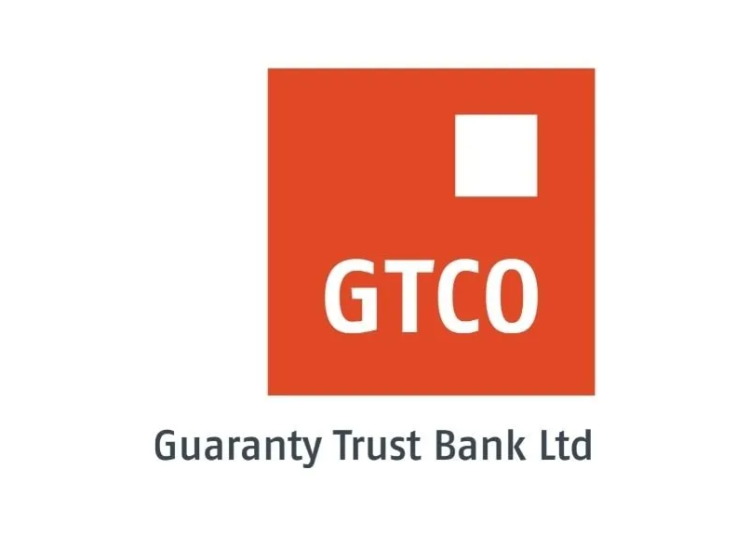Eight financial institutions listed on the Nigerian Exchange (NGX) Limited declared N1.333 trillion profit in the first quarter (Q1) ended March 31, 2024.
They commenced the year with an impressive increase in profit amid domestic and foreign challenges.
Analysts attributed the Bank profits to increase in net interest margins (NIMs) driven by recent increases in the monetary policy rate.
The eight Banks, which are Guaranty Trust Holding Company (GTCO), Zenith Bank, Access Holdings, United Bank for Africa (UBA), Stanbic IBTC Holdings, Fidelity Bank, FCMB Group and Wema Bank in the period under review declared N1.333 trillion profit before tax, a growth of 255.47 per cent from N374.907 billion profit before tax declared in the corresponding period of 2023.
GTCO posted the biggest pre-tax profit, accounting for N509.349 billion of the N1.333 trillion. Zenith Bank grew profit before tax by 269.7 per cent to N320.194 billion, while Access Holdings’ profit before tax stood at N202.739 billion in Q1, 2024.
While, UBA, Stanbic IBTC Holdings, Fidelity Bank, FCMB Group and Wema Bank achieved a pre-tax profit of N156.344 billion, N62.713 billion, N39.499 billion, N31.344 billion and N11.150 respectively in first three months of 2024.
Speaking on the Banks Q1 results, the chief operating officer of InvestData Consulting Limited, Mr. Ambrose Omordion said “they reported an impressive double-digit and triple-digit growth in their unaudited results for the first quarter ended March 31, 2024, despite the challenging operating environment and tightening monetary policy stance.”
He noted that “the profit growth can be linked to the hike in the monetary policy of the Central Bank.
Automatically, the banks are benefiting from the high cost of borrowing and most of them are holding companies and trading outside their banking activities.”
He added that the subsidiaries under the holding companies are a contribution to the bottom-line of the Company. Looking at their results, trading income is also high. Then also interest income is high because of the high interest rate.
He also noted that the Bank is investing in Treasury Bill, making more money, and they have the fund to play with, emphasising that the monetary policy of the CBN is favourable to the Banks and holding companies.
Omordion pointed out that “the results also showed an increase in fees and commission as a result of charges on customers’ accounts.”
The Group chief executive officer of GTCO, Mr. Segun Agbaje, in a statement said, “our first quarter results reflect the unfolding value of what we have created in all our business verticals through the Holding Company Structure – from Banking and Payments to Funds Management and Pension, we are positioned to compete effectively on all fronts and fulfil all our customers’ needs under a unified, thriving financial ecosystem.
“Despite the challenging operating environment, we delivered a solid performance, recording significant growth across all financial and non-financial metrics, and we remain on track to meet our full-year guidance.”
Analysts at Cordros Research stated that UBA’s Q1, 20244 outputs were impressive given the solid growth print in core banking operation amid the expansion in non-core income as well.
“We anticipate the Holdco will persist in growing interests earned from core income lines and envisage non-income growth will also remain healthy. Also, we envisage the stellar earnings will help offset cost pressures in 2024E,” they added.
The vice president, Highcap Securities Limited, Mr. David Adnori stated that the Bank released a highly improved bottom-line in Q1, 2024 due to excess windfall, the Banks are still enjoying the FX market and also their interest income went up because of the hike in interest rate.
He also noted that at the end of last year the Central Bank of Nigeria restricted the Banks from paying high dividends so they are able to conserve and add to their retained earnings to run their businesses thereby multiplying their profits.
On the outlook for the Banks, he said the Banks are going to new height in terms of fundamental for the year 2024, saying that “with the profits some of them made in Q1, 2024, this has made them to surpass the minimum capital requirement but because the CBN has come up with its way of defining capital requirement.
“This way a lot of them will still have to recapitalized, otherwise in terms of the normal method of assessing the aggregate capital, a lot of them are highly capitalised if not over capitalised.”











